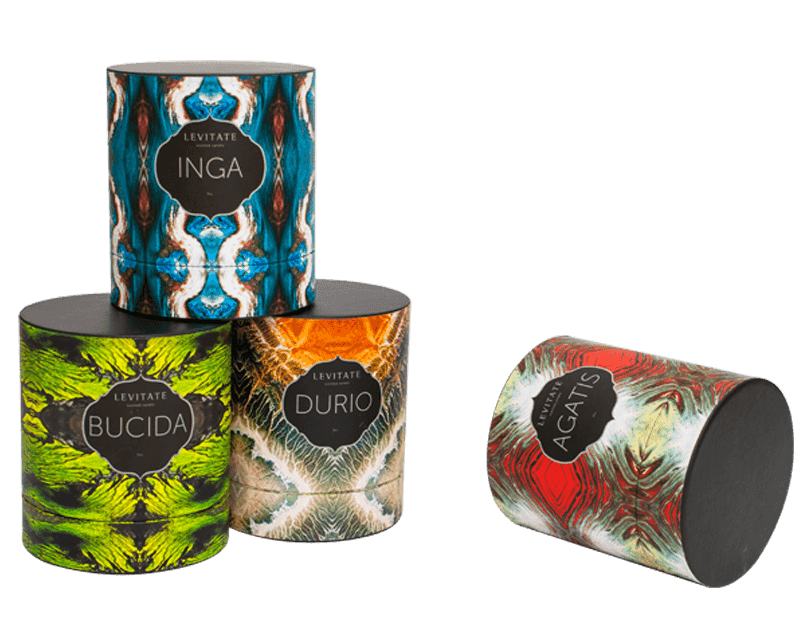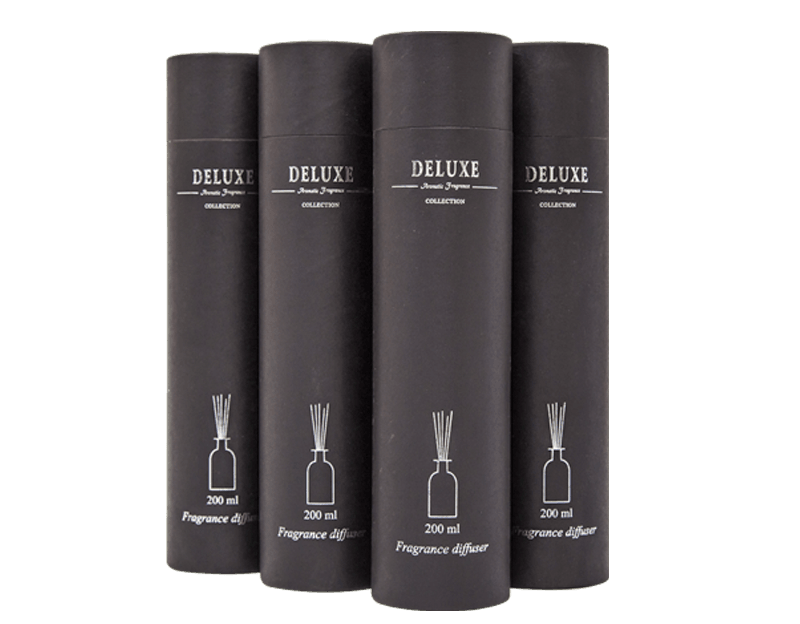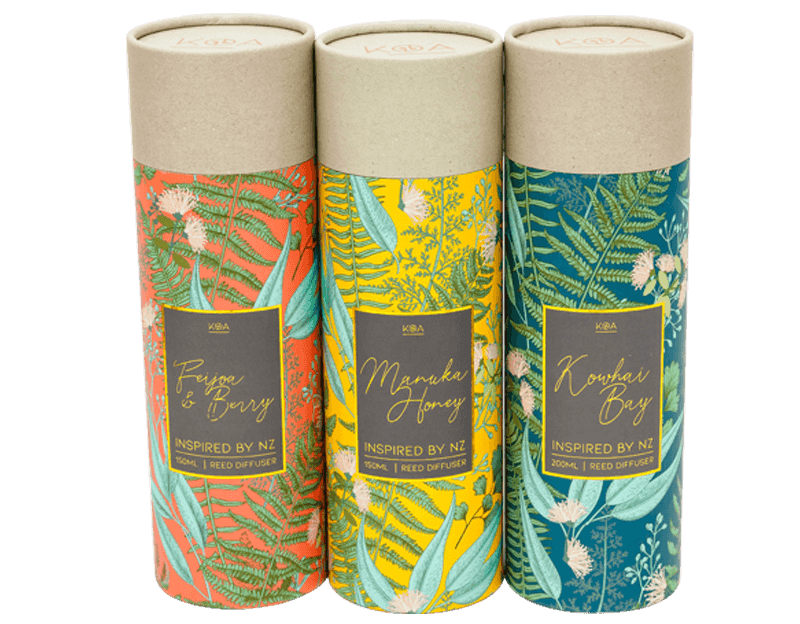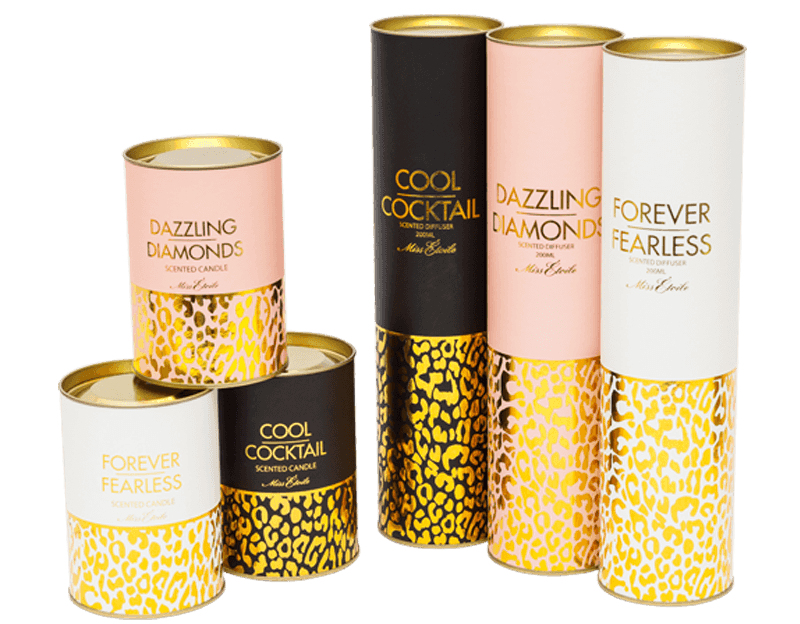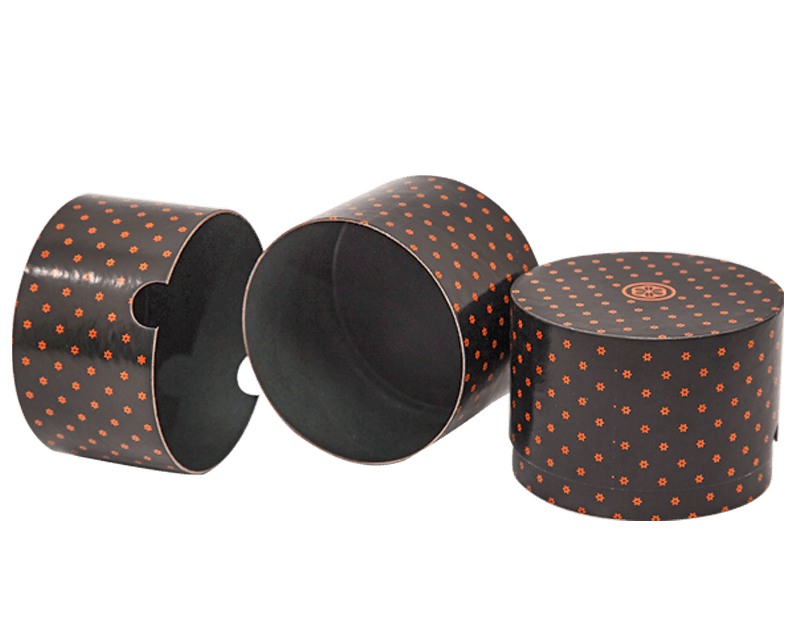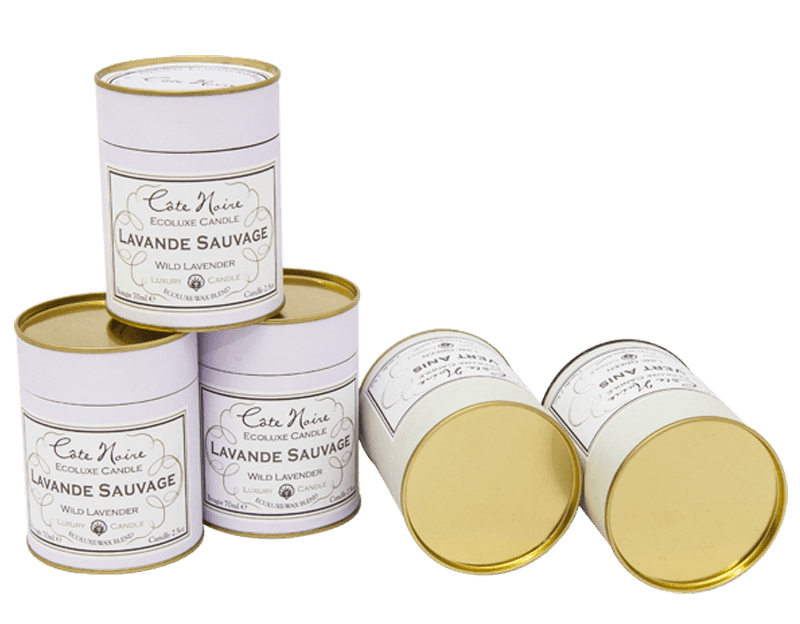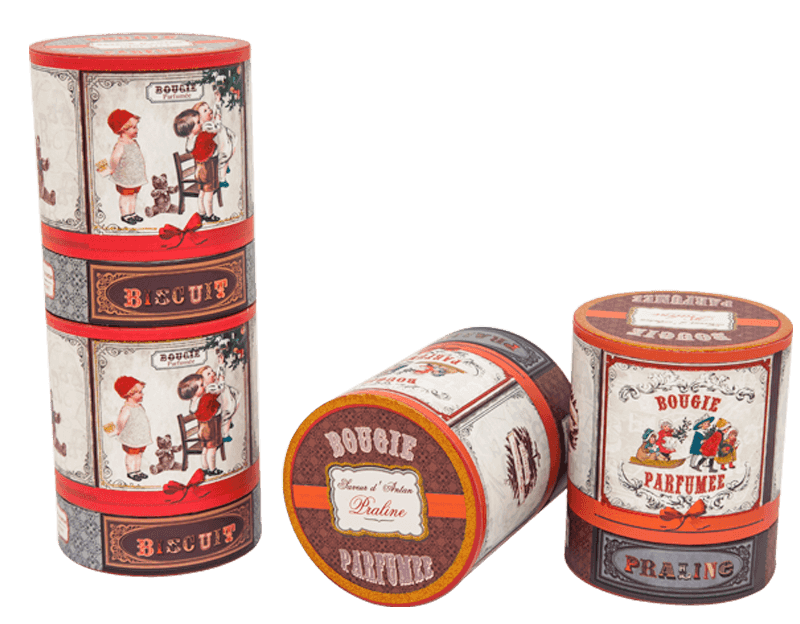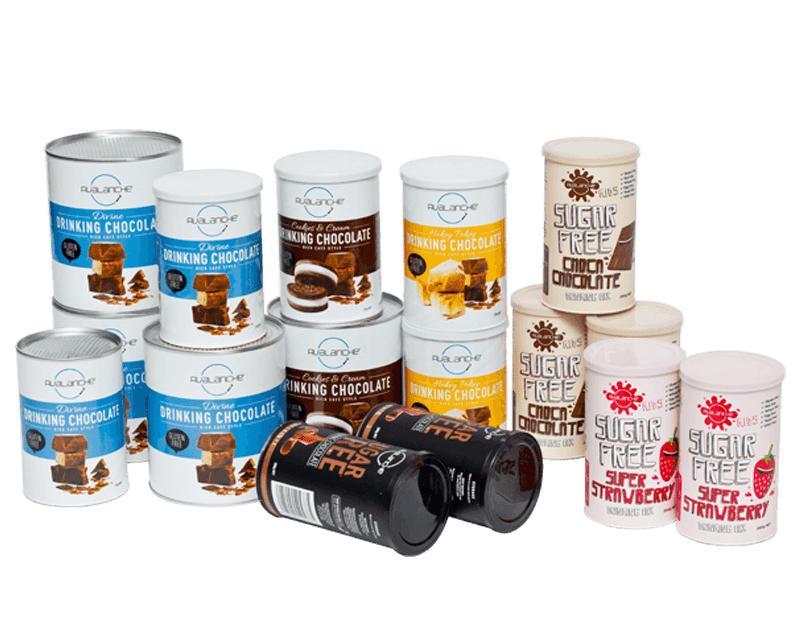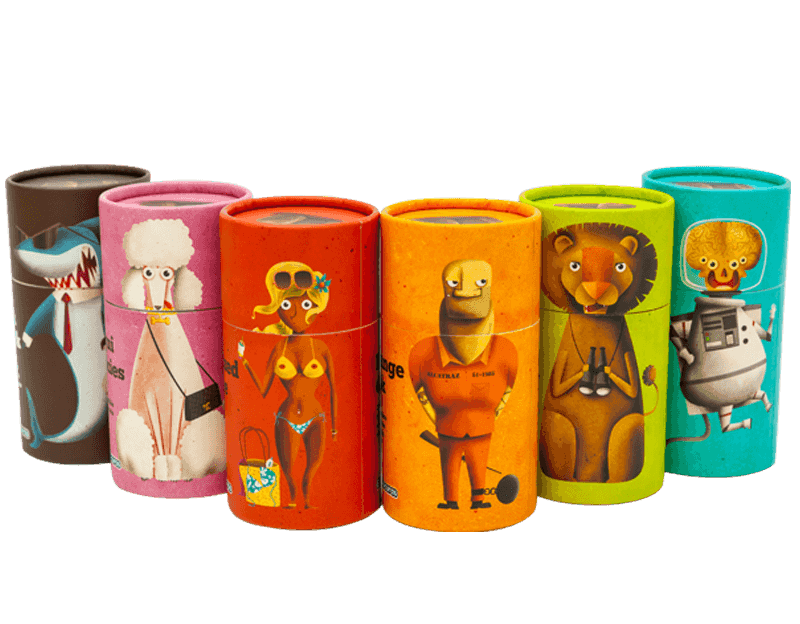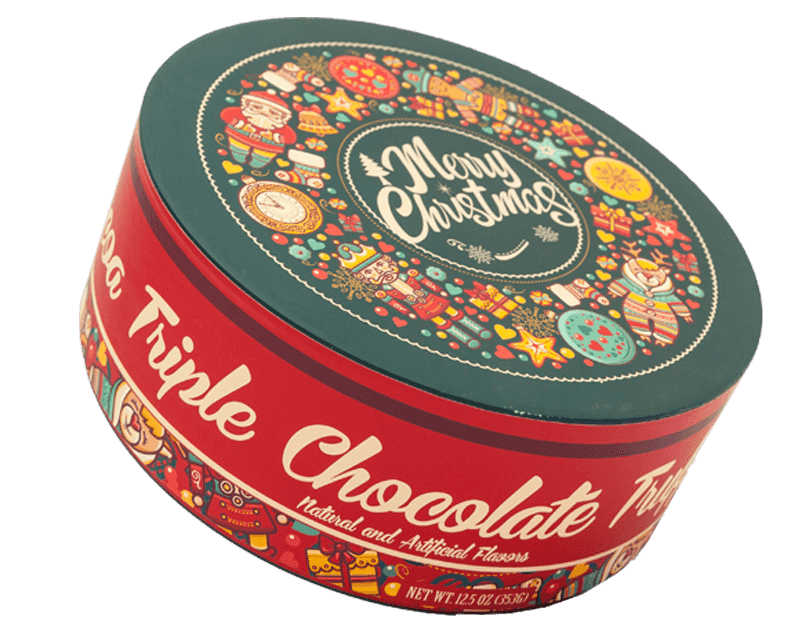As one of the top China cardboard tube packaging manufacturers and paper tube packaging suppliers, we devote all of our efforts to research and launch more high quality packaging products to global market.
Paper tubes, often overlooked in their simplicity, are incredibly versatile and environmentally friendly products with a vast array of applications across numerous industries. Far from being just a basic cardboard cylinder, their adaptability in size, strength, and finish makes them indispensable in modern manufacturing, packaging, and even creative endeavors.
Packaging and Protection
One of the most prominent uses for paper tubes is in packaging. Their cylindrical shape offers inherent strength, making them ideal for protecting delicate or elongated items during transit and storage.
-
Product Packaging: From posters, blueprints, and artwork to golf clubs, fishing rods, and even light bulbs, paper tubes provide a robust and secure enclosure. They prevent creasing, bending, and breakage, ensuring products arrive in pristine condition.
-
Food and Beverage: Certain food-grade paper tubes are used for packaging snacks, spices, and even liquid concentrates, offering a sustainable alternative to plastic or metal containers.
-
Pharmaceuticals and Cosmetics: Smaller, custom-designed paper tubes are frequently employed for packaging delicate vials, essential oils, lip balms, and other cosmetic products, often enhancing brand aesthetics with high-quality printing and finishes.
-
Industrial Components: Manufacturers utilize heavy-duty paper tubes to package and protect various industrial parts, such as delicate machine components, electrical wires, and even small mechanical assemblies.
Cores and Spools
Beyond direct packaging, paper tubes serve as essential cores and spools in a multitude of manufacturing processes. Their uniform shape and rigidity are crucial for winding and unwinding materials efficiently.
-
Textile Industry: They are fundamental for winding fabrics, yarns, threads, and non-woven materials, ensuring consistent tension and preventing tangling.
-
Film and Foil: Photographic film, plastic films, aluminum foil, and various other flexible sheet materials are wound onto paper cores for storage, transport, and processing.
-
Paper Industry: Large paper mills use robust paper cores for winding massive rolls of paper, newsprint, tissue, and cardboard.
-
Adhesive Tapes and Labels: Most rolls of adhesive tape, labels, and decals are wound onto paper cores, facilitating easy dispensing.
-
Electrical Cables and Wires: Smaller paper tubes act as spools for winding electrical wires, cables, and optical fibers.
Construction and Engineering
The strength-to-weight ratio of paper tubes makes them surprisingly useful in construction and engineering applications.
-
Concrete Forms: Heavy-duty paper tubes, often coated for moisture resistance, are widely used as forms for pouring concrete columns and piers. They provide a cost-effective and easy-to-remove alternative to traditional timber or steel forms.
-
Sonotubes (Trade Name): This specific type of paper tube is a staple in residential and commercial construction for creating round concrete footings and columns.
-
Pillar Reinforcement: In some temporary structures or decorative applications, paper tubes can be used as lightweight pillars or supports.
Arts, Crafts, and Education
Paper tubes are a staple in arts, crafts, and educational settings due to their accessibility, affordability, and ease of manipulation.
-
Craft Projects: From constructing telescopes and periscopes to creating decorative organizers and sculptures, the creative possibilities are endless.
-
School Projects: Children frequently use toilet paper rolls and paper towel tubes for various science and art projects, fostering creativity and problem-solving skills.
-
Storage Solutions: They can be repurposed into organizers for pens, brushes, cables, or small tools.
Environmental Sustainability
An increasingly important aspect of paper tubes is their contribution to environmental sustainability.
-
Recyclability: Most paper tubes are made from recycled paper and are themselves fully recyclable, reducing landfill waste and conserving natural resources.
-
Biodegradability: Unlike plastic alternatives, paper tubes are biodegradable, breaking down naturally over time without harming the environment.
-
Renewable Resource: Paper is derived from trees, a renewable resource, making paper tubes a more sustainable choice compared to materials derived from fossil fuels.
In conclusion, the humble paper tube is a testament to simple design meeting complex needs. Its pervasive use in packaging, as industrial cores, in construction, and in creative pursuits highlights its remarkable adaptability and economic viability. As industries increasingly prioritize sustainable solutions, the role of the paper tube is set to expand even further, solidifying its position as an indispensable component in a wide array of applications.
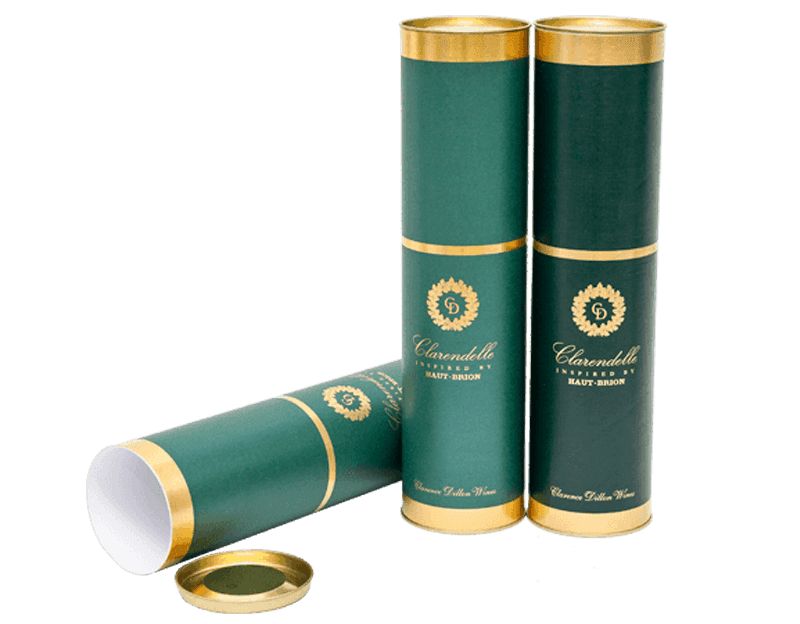
 English
English Español
Español
